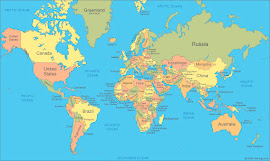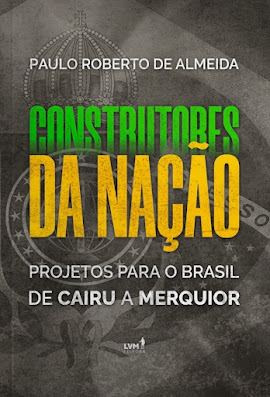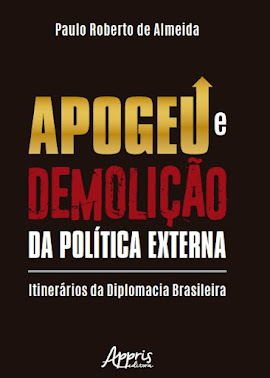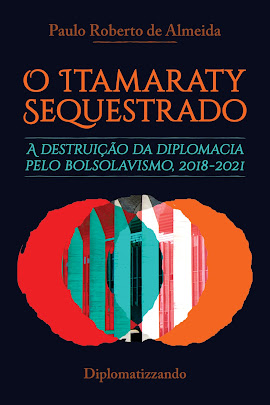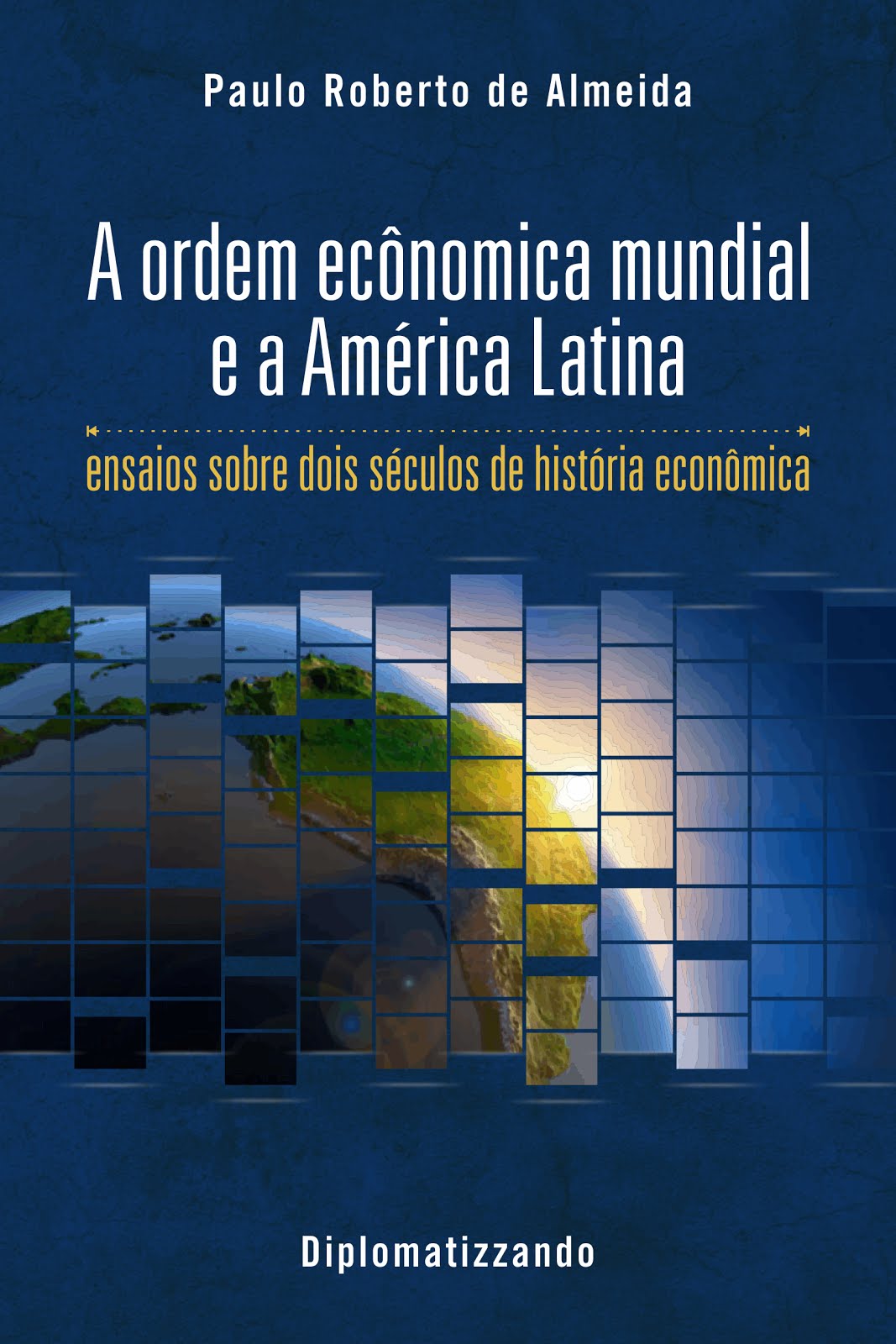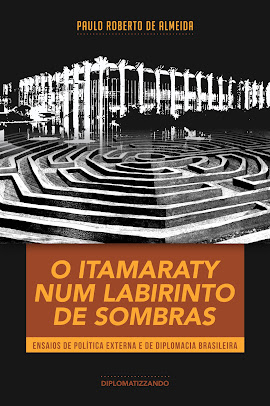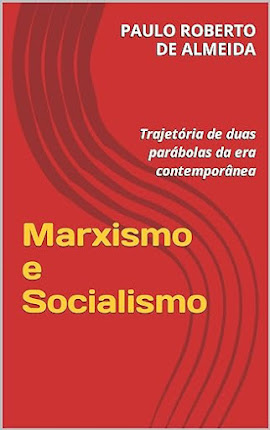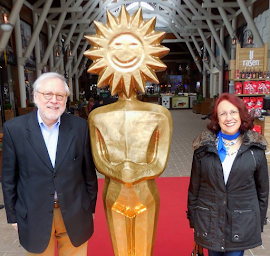While the collapse of communism
That consensus seemed to hold even after the bloody disintegration of Yugoslavia and the September 11 attacks. Now‚ in 2019, however, it is fracturing. Around the world, populist politicians on the right are winning elections by warning demagogically that representative democracy and human rights policies are too weak to protect hardworking, native-born families against threats from beyond their national borders—especially terrorists and migrant hordes. At the same time, a resurgent socialist left is gaining support by warning that liberal social democracy is too fragile to protect ordinary people from the ever more disruptive forces of global capitalism. While today’s ideological cleavages are not as wide as those of the 1930s, they are nonetheless more pronounced than at any time since the cold war.
As always, when the ideological landscape changes, so does our sense of the history behind it. Take, for instance, the subject of human rights. Back in the distant past of 2007—before the financial crisis, before President Trump—the historian Lynn Hunt published a pioneering study that presented the ascent of universal human rights as inexorable.
Three eventful years later, Samuel Moyn directly challenged Hunt’s account. In
Each of the three books under review makes a renewed case for elements of the liberal ideal, but with a powerfully heightened sense of its fragility and of the contingent factors behind its historical development. James Miller, whose earlier work has ranged from political philosophy to histories of rock and roll to a biography of Michel Foucault, offers
Strikingly, while the authors
Taken together, the three books suggest that the Western liberal tradition may indeed have the strength and the resources necessary to withstand the political storms now gathering. But we should not conflate this tradition with the narrower set of mostly Anglo-American ideas that has been conventionally identified as its core, and labeled (mistakenly, according to Rosenblatt) “classical liberalism.” All three authors clearly believe that this narrower tradition has concerned itself too heavily with individual rights—above all, economic rights—as opposed to the common good. It has not paid enough attention to moral values and moral education, and it has not done enough to encourage broad democratic participation. Such arguments are not entirely new, but these books offer impressive new evidence and analyses. And at a moment when liberal democracy has shown itself rather more resilient in France and Germany (even with their current travails) than in Brexit Britain and Trumpist America, the case for looking to Continental sources for inspiration is particularly timely.
For James Miller,
Nor did Athens launch a durable democratic tradition. After its fall, democracy as a concept fell into long centuries of discredit and eclipse, with most leading Western commentators, up to and including the American Founding Fathers, seeing it as barely superior to mob rule. America, Miller reminds us, was not founded as a democracy but as a republic in which wise elites would restrain unruly expressions of the popular will. Only with the French Revolution did an ideal of egalitarian, participatory government again gain prominence. Miller here singles out the urban
Miller argues that this French plan represents perhaps the most promising model for democracy ever devised. In a set of short, clear chapters, he holds it up as a model against which to measure various later attempts to give citizens greater participation in governance. These include the British Chartist movement of the 1830s and 1840s, the Paris Commune of 1871, and even, in the West, early-twentieth-century hopes that opinion polling might give ordinary people more of a political voice. Miller also recognizes that today, profound social transformations have left the democratic ideal more imperiled than ever. Increasing inequality makes it more difficult for people to have their voices heard; government secrecy deprives them of the information necessary for political participation; and in an age of globalization many of the most pressing problems, such as climate change, require global, not local, solutions.
America’s current plight spurs Miller (drawing on F. Scott Fitzgerald) to some passionate and anguished prose:
This is what democracy in America often seems like: an elusive fantasy, forever out of reach, forever unrealized, even as its most eloquent bards, trapped in their own prejudices, are “borne back ceaselessly into the past.”
But he still holds out hope that some version of the Condorcetian ideal of local democratic restraints on national governance might yet continue to inspire contemporary democratic movements.
With Helena Rosenblatt’s
It is this last definition that Rosenblatt takes aim at. She begins by noting that in ancient Rome, the terms “liberal” and “liberality” (
Most of this material is well known, but Rosenblatt builds upon it to argue that even in the nineteenth century, the supposed heyday of “classical liberalism,” the individualistic, laissez-faire ideology discussed in recent decades by so many scholars did not actually exist in anything like a coherent form. While some relatively obscure writers and politicians came close to it (Frédéric Bastiat in France, John Smith Prince in Germany), most self-described “liberals” did not. John Stuart Mill, the author of
To the extent that a self-conscious “liberal” movement existed, according to Rosenblatt, it was not to be found in Britain and America but on the European continent, starting in the French Revolution. While respectful of individual rights, this liberalism was moralizing, elitist, and concerned with the classic philosophical question of how to construct a stable, enduring, moderate regime. In France, the writers Benjamin Constant and Germaine de Staël, who came to prominence in the Revolution’s last stages, developed a political program that remained much closer to the earlier meanings of “liberty,” with an emphasis on a paternalistic “government of the best.” In the nineteenth century, German thinkers led the way in developing a “liberal” Protestant theology as well as economic ideas that anticipated the policies of modern welfare states. These self-proclaimed liberals, Rosenblatt notes, were emphatically not democrats. They mistrusted the common people and advocated limited suffrage. Nor were they libertarians. They generally did not consider property a core right, and while they warned against government becoming tyrannical, they did not seek to minimize its powers. Constant defended laissez-faire in the economic realm; many others did not.
By the end of the nineteenth century, people who called themselves liberals had mostly made their peace with democracy, but remained deeply divided over other issues, including laissez-faire economics. Prominent British Liberal Party members like Leonard Hobhouse even argued that “true socialism serves to complete rather than to destroy the leading Liberal ideals.” While some liberals decried European imperialism, others defended a version of it that would spread “civilization” to supposedly benighted areas of the globe. Many defended eugenics and opposed women’s suffrage. The uniting factors, insofar as they existed, remained a strong moralism and an emphasis on education as essential to political progress. These same factors also pervaded the American liberalism that took shape in the early twentieth century under the influence of Woodrow Wilson, John Dewey, and the young intellectuals who banded together in 1914 to found
If this is the true (“lost”) history of liberalism, then where did the idea of liberalism as an individualistic ideology tied to laissez-faire capitalism come from? In a fascinating epilogue, Rosenblatt argues that historians only established this misleading intellectual genealogy very late, in the mid-twentieth century. Critics had long tried to discredit liberalism by associating it with narrow material self-interest, but after World War II liberals themselves, seeking to distinguish their beliefs as sharply as possible from Communist totalitarianism, came close to agreeing with their detractors. Only a strong emphasis on individual rights, argued political philosophers like Isaiah Berlin, could save liberal states from sliding into totalitarian extremism. For the same reason these thinkers downplayed the contributions of French and German liberals, who had shown such a distressing inability to halt extremism in their own countries. Soon, “genealogies based on a canon of great thinkers were constructed and anthologies published. Founding fathers of liberalism were discovered.” And the true, complex history was forgotten.
Rosenblatt has written one of those rare academic books that, for all its brilliance, needed to be longer. For someone seeking to reevaluate Britain’s place in the history of liberalism, she devotes little sustained attention to British thought and politics. Locke, one of the prime targets of her revisionism, gets just three pages of close analysis. The epilogue, at only thirteen pages, cannot be more than suggestive. At times, Rosenblatt’s argument becomes so compressed that she fails to distinguish adequately between the history of the word “liberal” and the ideas we now associate with it. The two are, after all, separable.
Dan Edelstein covers
In a superb, erudite piece of intellectual excavation, Edelstein argues persuasively that already in the late Middle Ages, Catholic theologians had established that humans possessed inalienable rights, and that these rights did not depend on belonging to a particular state. In the sixteenth century, driven by the passions of religious warfare and the spectacle of Spanish conquests in the Americas, another series of writers added that, if necessary, rights could be defended by force, from beyond the boundaries of the state in question. So already by 1572, a conception of human rights broadly similar to what exists today had taken shape.

Edelstein’s skill as an intellectual historian lies especially in his ability to situate ideas in their broadest cultural and political setting. He recognizes that, by themselves, ideas possess no inexorable logic dictating how, and for what purposes, they will actually function in political debate. Like tools in a toolkit, ideas can have many different uses, depending on the purposes of the political actors who deploy them. In the sixteenth century, the idea of inalienable universal rights justified revolts against alleged tyrants and even the murder of supposedly unjust kings. Some writers also invoked it to decry the Spanish treatment of Native Americans. The burgeoning African slave trade, on the other hand, drew no condemnations for human rights violations. That would only come two bloody centuries later, in very different circumstances.
The early modern story Edelstein tells about human rights is a complex and surprising one. Although the preservationist regime of rights had come into existence by the late sixteenth century, it did not immediately become dominant in the Western world. To the contrary, many of the most sophisticated and influential writers of the day, associating it with the horrors of Reformation-era religious warfare, sought either to refute it or to establish the right to resist oppression on other, less volatile grounds. Thomas Hobbes argued that we in fact abandon our “natural rights” to a sovereign once we leave the state of nature and enter political society. Locke, by contrast, suggested that on leaving the state of nature we actually “transfer” our rights to the political community as a whole—but still do not preserve them. When American and French revolutionaries declared that men (but not women) possessed inalienable, universal rights, they were not building on Hobbes and Locke. They were reactivating a very different concept of rights that had arisen on the European continent two centuries earlier.
To prove this point, Edelstein conducts a bravura piece of “archaeological” investigation, which challenges a great deal of conventional intellectual history. He shows that in France, the bridge back to the concept of inalienable rights was furnished by the early economic theorists known as the Physiocrats, in the middle decades of the eighteenth century. They entirely rejected Hobbes’s distinction between the state of nature and civil society and returned to the older natural law tradition, but with a more explicit articulation of what were coming to be called “the rights of man.” The point of a proper constitution, they maintained, was not to transcend nature but to establish formal laws and rights as close to those of nature as possible. Americans, meanwhile, arrived at the same destination by an entirely different route. They turned to English legal scholars—especially William Blackstone (1723–1780)—who interpreted the “rights of Englishmen” as natural rights preserved and guaranteed by the unwritten English constitution.
Neither the Physiocrats nor the English lawyers had any desire to challenge the prevailing political order in their countries. But as Edelstein wittily puts it, they could develop ideas “with radical implications precisely because those implications were so far from their minds,” fashioning intellectual tools that revolutionaries would soon put to unexpectedly radical purposes. Edelstein acknowledges that before 1776, Americans chafing at the rule of the mother country frequently invoked Locke’s authority—he was, after all, the most famous English-language philosopher of the century. But in doing so they tended to rewrite Locke in a way that he and his closest followers would not have recognized.
While the French and American revolutionaries did not invent the preservationist rights regime that prevails today, it was their enshrinement of it in their founding documents that sealed its triumph over its Hobbesian and Lockean competitors and established it as a foundation for two centuries of democratic experimentation. The Declaration of the Rights of Man and of the Citizen did less to guarantee individual rights than its American counterparts, since it also stipulated that the sovereign nation could place strict limits on the exercise of those rights. In this respect, it helped to enable the ferocious political repression of the Terror of 1793–1794. Nonetheless, it was this document—and not the American Declaration of Independence or Bill of Rights—that remained the reference point for a vein of international legal scholarship that continued to present human rights as “supranational restraints on government action” through the nineteenth and early twentieth centuries. This scholarship in turn lay directly behind the Universal Declaration of Human Rights of 1948 and the human rights politics of the present day.
Since the 1970s, the idea of human rights as the basis for how states should behave has profoundly transformed international politics. (Donald Trump is the first American president in decades not to make the idea at least the rhetorical centerpiece of his foreign policy.) But as Edelstein demonstrates, this shift did not actually involve much intellectual innovation. Like the American and French revolutionaries before them, contemporary officials and activists have reached deep into the toolkit of Western political thought and turned old tools to new and more prominent purposes. The rise of human rights politics in the past few decades, in other words, was not, as Samuel Moyn’s work suggests, a seismic break with older political patterns, requiring a seismic correction that will return issues of social equality to a central position in political debate. The “preservationist regime” is not a recent invention. It is part of the intellectual atmosphere that surrounds us, and that we cannot do without.
Anyone reading these three books, particularly in the current grim political moment, will come away convinced of the fragile nature of the ideas underlying rights-based liberal democracy. They will grasp more clearly than ever that this liberal ideal, which seemed to triumph in the late twentieth century, had a tortuous history, with its successes dependent on a host of contingent factors. Readers will also be left in no doubt about some of the less savory things that often accompanied it. Miller pays due attention to the “carnival of atrocities” during the French Revolutionary Terror, even as France undertook its first grand experiment with democracy. Rosenblatt emphasizes the elitist, exclusionary tendencies inherent in the history of liberalism. Edelstein notes that, thanks to the concern with property of both the French Physiocrats and English common lawyers, the ideal of rights that triumphed in the eighteenth century can be seen as “the intellectual forefather of free-market fundamentalism.”
Yet at the same time readers will come away with the realization that the liberal ideal has a much richer, deeper, more varied past than they might imagine from accounts that stress only the supposed Anglo-American path to “classical” liberalism. Perhaps forms of liberal democracy built upon narrowly individualist notions of rights and liberty, and that deny most citizens the chance for meaningful political participation, are indeed too fragile to offer sufficient protection against unfettered capitalism and the rising inequalities we see today around the world, as well as against surges of angry populism. But there are other ways to think about liberal democracy, inspired by constitutional models that strive to maximize democratic participation, by forms of liberal thought that emphasize moral action and the common good, and by a vision of human rights that extends broadly and fully across the globe. The French Revolution, for all its radical excesses, offered one such vision, and a particularly powerful one. Despite its well-documented flaws, its ideals may still be able to inspire those seeking to bend the arc of the moral universe toward justice.
David A. Bell is Sidney and Ruth Lapidus Professor of History at Princeton. His book “Men on Horseback: The Power of Charisma in the Age of Revolutions” will be published next spring.
References
- Inventing Human Rights: A History (Norton, 2007).





